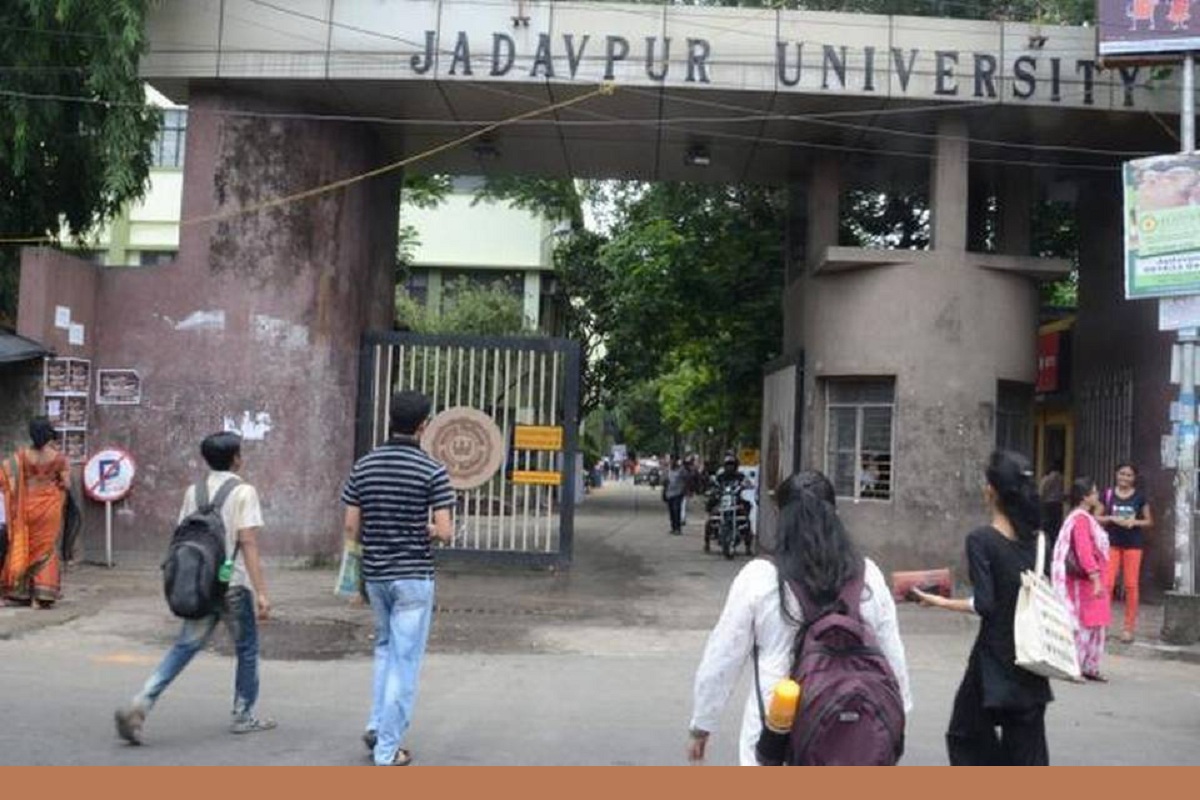Saving history through photographs
A photography exhibition, Bonedi Bari Photography Exhibition 2.0 started today at the Kolkata International Foundation in south Kolkata.
The notice was given to him for allegedly participating in a protest rally against the Citizenship Amendment Act in the city.

(File)
Justice Sabyasachi Bhattacharya of Calcutta High Court set aside the “Leave India” notice issued to Kamil Siedcynski, a Polish student, today. The notice was given to him for allegedly participating in a protest rally against the Citizenship Amendment Act in the city.
The court had earlier stayed the Centre’s notice asking Siedcynski, a Polish student, to leave India. After having restrained the government from giving effect to the notice till today. the court passed an order upholding the student’s petition.
Advertisement
Siedczynski, who is enrolled for a Masters’ degree in the Department of Comparative Literature at Jadavpur University, was served a ‘Leave India Notice’ dated 14 February from the Foreigners’ Regional Registration Office (FRRO), Kolkata.
Advertisement
Opposing the Polish citizen’s prayer, the central government’s counsel Firoz Eduljee had submitted that being a student visa holder, a foreigner cannot challenge a law passed by the Indian Parliament. This does not make his petition maintainable. This student being a foreigner has no right to participate in a political rally, it was submitted.
The “Leave India” notice was served on him on the basis of a “field report in January. Opposing the Union government counsel’s contention. Siedsynski’s counsel Jayanata Miitra had submitted that Article 14, 20 and 21 give right to any foreigner to challenge a government decision in writ jurisdiction. The so-called “field report” was prepared with a closed mind, it was submitted.
In his petition before the high court, Siedczynski prayed for a restraining order on the authorities from giving effect to the notice, which asked him to leave India within 14 days of receiving the notice, and from deporting him. Since he received the notice on 24 February, he was required to leave the country by 9 March.
Kamil avoided the media and did not share the contents of the notice, but some students and teachers at JU said they assumed that his expulsion was due to his presence at a rally organised in the city by intellectuals, artists and students against the Citizenship (Amendment) Act.
A student of comparative literature, Kamil is yet to sit for the final semester of his Masters degree. Having studied Bengali literature at Visva Bharati, a central university, earlier, Kamil can speak the language fluently and has translated Polish works into Bengali.
Kamil went to the rally organised at Ramlila Maidan in Delhi with his friends on 19 December. He was served a notice by the Foreigner Regional Registration Office (FRRO) in Kolkata. In West Bengal, Kamil is the second student from a foreign country who has been asked to leave India by FRRO.
Afsara Anika Meem, a first-year Bangladeshi undergraduate student at the Visva Bharati fine arts department had also been served a similar notice for engaging in “anti-government” activities earlier this week. She had posted photos of an anti-CAA agitation on her social media page, which she later deactivated.
Kamil was first summoned by the FRRO, but he could not respond as he was visiting Visva Bharati, it was learnt. After returning to the city, he went to the FRRO, where the notice to leave the country was given to him. Two other foreign nationals in the country were asked to leave on similar grounds in December.
Jakob Lindenthal, a 24-year-old German exchange student pursuing a Masters degree in physics, was ordered to leave after he took part in protests against the CAA in Chennai. Janne Mette-Johannson, a Norwegian woman, was also asked to leave after she participated in an anti-CAA protest in Kerala in December.
She had been in India on a tourist visa. The CAA was passed in December to fast-track the citizenship process for non- Muslims, who had entered India from Afghanistan, Pakistan, and Bangladesh before 2015.
Advertisement